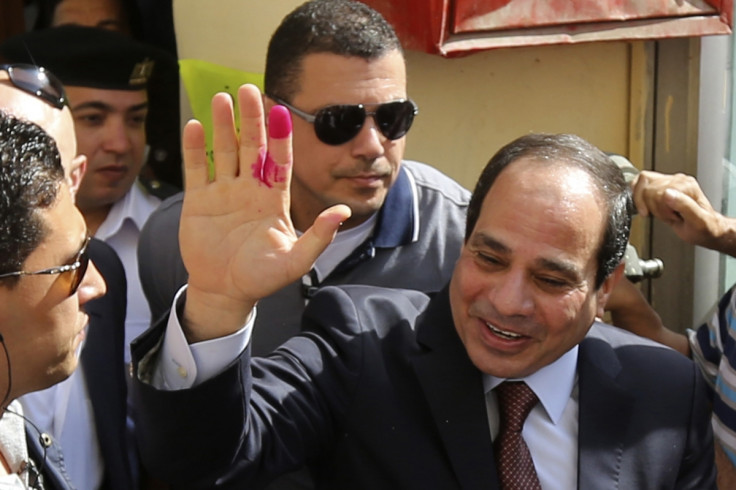Egypt: Fitch Ratings Unmoved by Sisi Election Victory

Abdel Fattah al-Sisi's victory in Egypt's presidential election will not dramatically alter the government's approach to addressing the economy's long-term challenges, according to Fitch Ratings.
The former army chief was elected with 93.3% of votes cast, but the voter turnout of around 46% was lower than expected and has cast doubts on the legitimacy of Egypt's second elected president in three years.
Moreover, the president-in-waiting did not show ambition to overhaul Egypt's public finances in his pre-election campaign, credit ratings agency Fitch said.
"Sisi has not set out a detailed economic programme. But the interim government's actions, and Sisi's broad pronouncements on the need to maintain growth and make Egyptian society more equitable, suggest the authorities are mindful of the risks of popular opposition to fiscal consolidation, which would initially focus on subsidies," Fitch said in a statement.
Egypt's interim government took small steps towards public finance reform, trimming subsidies on energy and bread. The measures were designed to limit consumption of petrol and bread at subsidised rates, rather than cutting state-aid and allowing prices to appreciate to market levels.
Fitch said improvements in the government's budget, as the fiscal deficit narrowed from 10% of GDP to 7.1% of GDP, was down to massive aid grants from its allies and not the result of economic reform.
Kuwait, Saudi Arabia and the United Arab Emirates sent multimillion dollar aid grants to the Egyptian interim government after former president Mohamed Morsi was ousted in July 2013.
"This improvement therefore may not be sustainable, while the sensitivities around reducing subsidy spending mean the deficit will stay in or close to double digits over our ratings horizon," Fitch said.
Fitch altered its long-term outlook rating for Egypt to stable in January 2014, following three years on negative, while its rating remained at 'B-' after slightly increased political stability in the country.
"These were partly driven by bilateral fund inflows that eased pressure on the budget, reserves and exchange rate," is said in a statement.
Fitch is due to revisit Egpt's sovereign credit rating on June 27, 2014.
© Copyright IBTimes 2025. All rights reserved.





















